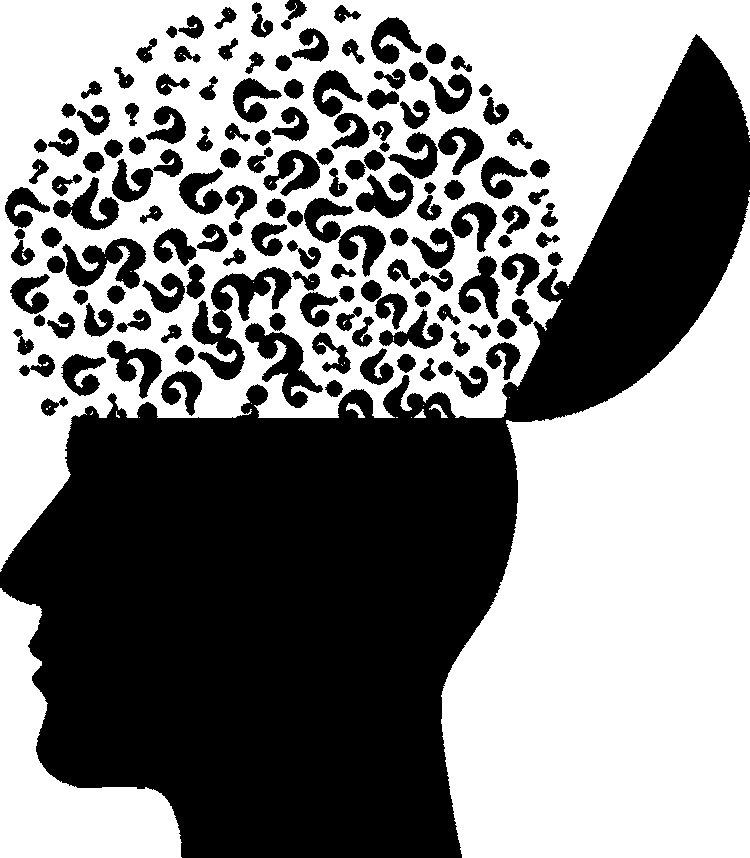Men and Mental Health
Mental health issues have become really common these days yet nobody talks about the mental health of men, so let's talk about it...
Mental health issues are prevalent around the globe; are they only for women? Is depression different for a man than for a woman? The correct answer to this question is 'NO', so why do most men perceive it that way? Most men give due importance to their physical health. They are unable to realise how mental health issues could influence their life. This issue can be termed a ' silent killer '; the number of men facing issues is growing at a startling rate. Men are four times more likely to commit suicide than women. Suicide is the seventh leading category of death among them, according to the Centre for disease control statistics.
Table of Contents:
1. Why do men avoid talking about these issues?
2. What symptoms could a person have?
3. How could you help yourself or anyone around you who could be facing these issues?
Mental health is an important aspect of the overall well-being of a man. The healthier the mind, the more the person would have the potential to deal with life challenges and have happy relationships with people around. Having bad mental health could have a toll on a person's day-to-day activities, hampering what a person does, what he eats, and how he carries things around. So mental health is an important issue and should be given due importance as we give to physical health.
Most men would not consider talking about their emotions and feelings and giving importance to them. Even raising the issue of acceptance of the fact, the major task is to accept that mental health issues exist for a man and they shouldn't be afraid of judgement: then it could lead to seeking help for the same to avoid any unforeseen situation that could take place.
Why do men avoid talking about these issues?
Talking about mental health to family or even professionals seems intimidating, especially if it is a woman. Men are taught from the beginning to be strong, not to cry, hide their emotions, not feel sorry for themselves or complain about anything that is bothering them; this makes it difficult for them to accept it. If the cases are diagnosed, many of them go untreated because of the fear of judgement of how society would perceive it and sometimes this issue could clash with the male ego. Men's mental health is considered less socially acceptable, especially since seeking help is a stigma.
Expressing feelings is considered to be a weakness. These symptoms are treated as 'unmanly'. The fact is that if they cannot control their emotions, they are failing to play the role of the so-called man. Sometimes when the person takes the courage to go to the doctor, they tend to deny all the relevant problems faced and give more importance to getting the solution for physical symptoms that accompany them.
Issues like depression often go untreated because of the focus on treating physical symptoms like fatigue, pain, irritability or difficulty in concentrating; medicines often give short-term relief without actually solving the deeper issue.
These things need to be changed because the chances of a person suffering from these issues making him feel isolated or dealing with loneliness lead him to take the wrong steps of going under the influence of alcohol or drugs. According to research, people with gambling problems are likely to have other common mental health issues and substance use problems.
What symptoms could a person have?
Men become aggressive, showing irritable behaviour. It affects the lifestyle of a person, changing the way he eats, sleep, carries himself and maintains the relationship. Physical reactions on the body could be excessive pain (backaches, headaches or sleeping issues), short-tempered behaviour becoming intolerable for the family in extreme situations, and pushing near ones away.
The thing to be noted here is that the nature of a man could have similarities with the symptoms he faces, so it is always advisable to take professional help on these issues.
There is no harm in seeking help!
How could you help yourself or anyone around you who could be facing these issues?
Taking small steps and making tiny changes in your lifestyle could lead to tremendous improvement. It's okay to talk about your feelings. Never hesitate to reach out and always be honest with your family as well as a professional person. Accept that the road to improvement is healthy eating habits, exercise, positive thinking and channelising your energy for good.
If you think someone around you is suffering, listen to them, be friendly to them, empathise with them rather than sympathising and when the bond grows, try to help them medically and be a pillar to them.
Love, affection and support are required to understand them, not sarcasm or sympathy.
What's Your Reaction?





















